Inside: Vegetables for kids are important for their health and wellness. Here are 12 reasons why vegetables for kids are important.
Vegetables for Kids & Grandkids: Brain & Immune-building Foods
Note: This blog post contains information from one of my “Tidbits of Wisdom for Parents” YouTube video series. To access the 5-minute video of “What are the Best Brain Foods for Making Kids Smarter?” click here.
It’s a given—parents want healthy, smart kids. And most moms and dads make it a priority. But getting and keeping kids healthy isn’t a slam-dunk. Today, obesity hovers at almost 66% of the population and fast foods are easy options for frazzled busy parents.
It’s a dilemma. But when you weigh the outcomes and alternatives, it’s a no-brainer.
Good Healthy foods = Smart Healthy kids. And healthy smart kids do better in school, with their friends, and in life. Why? Because they feel better! And vegetables for kids is the best way to ensure your kids stay healthy–especially during high-stress times to ward off viruses, the flu, and colds.
The topic of nutrition is a controversial one. What’s good one minute and what’s not changes on a dime. One week too many eggs are bad for us, the next week, they’re a superfood. One day it’s “dump the coconut oil,” the next day it’s the greatest thing since frozen bread.
But what isn’t a controversial topic in nutrition is the need for vegetables for kids in their diets. In order to have healthy, smart kids—a daily portion of veggies is essential. Check out this infographic to see how important it is for kids to eat the colors of the rainbow–all different colors of fruits and veggies–to stay healthy and well!
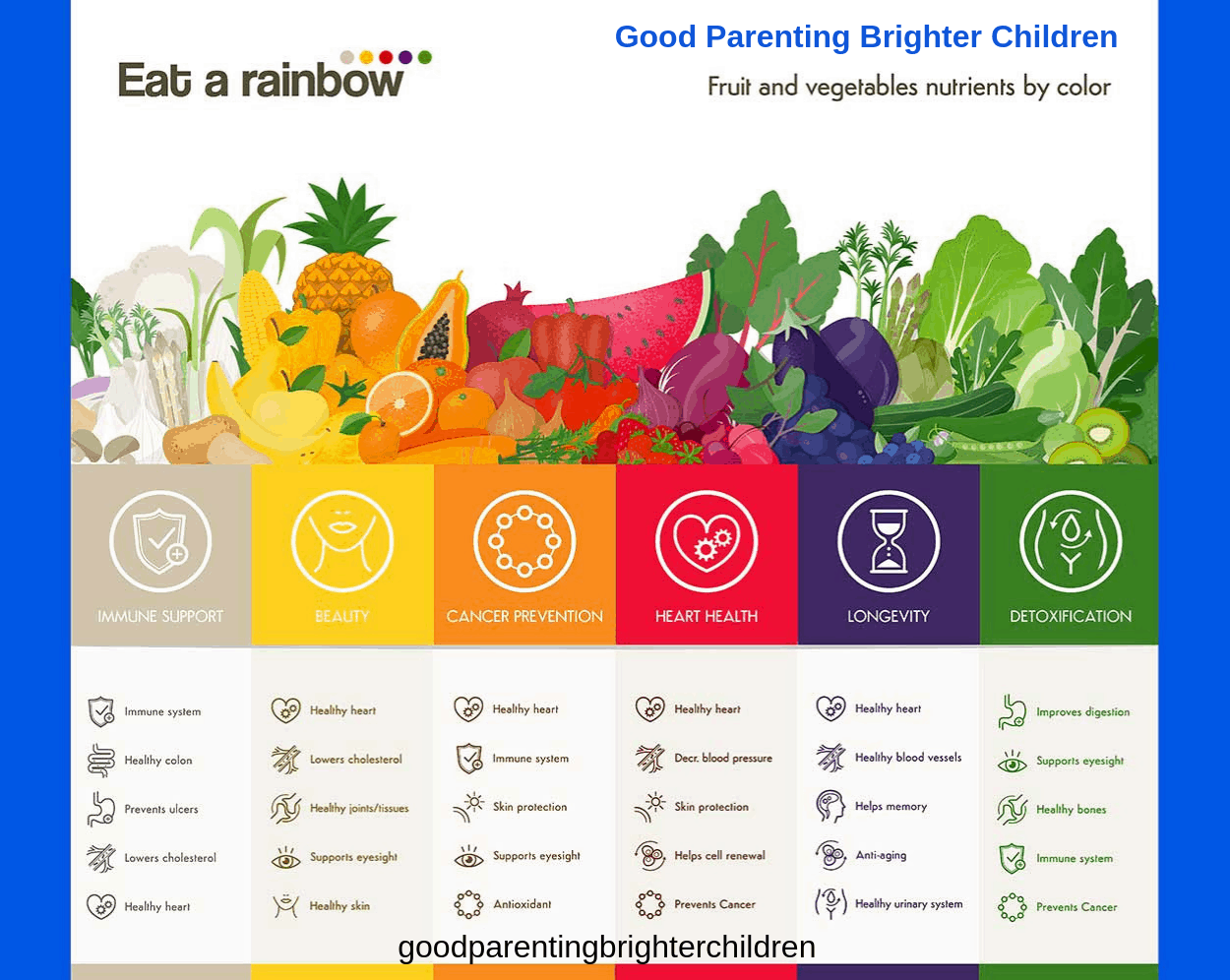
Fruits and veggies come in a variety of colors (called phytochemicals). These colors are loaded with vitamins and minerals and ways to keep kids healthy and well. Notice at the bottom the icons that show what part of the body that particular color of fruits or veggie strengthens.
Here are 12 reasons why kids need to eat their vegetables:
12 Reasons Why Vegetables for Kids & Grandkids
#1: Loaded with Vitamins, Minerals & Antioxidants
Kids need vitamins, minerals, and antioxidants for healthy brainpower. Vegetables are loaded with vitamins, particularly Vitamin A which helps our bodies absorb minerals and nutrients.
They are also high in minerals to improve kids’ bone density and growth. And veggies are high in antioxidants that will protect their cells and brain. Vegetables for kids are essential to good health.
#2: Improves Cognitive Function in Kids & Grandkids
Vegetables, particularly broccoli and red and purple veggies helps improve cognitive function in children. Cognitive function means children are able to learn and to think which translates into a more positive school experience and more enthusiasm for learning.
Broccoli is high in antioxidants and Vitamin K—one of the fat-soluble vitamins. Vitamin K is used for forming sphingolipids, a type of fat found in brain cells. Research indicates that Vitamin K also helps with memory.
Tomatoes, purple cabbage, and purple onions are rich in antioxidants that keep the brain healthy and well.
#3: Loaded with Important Health-Protecting Phytochemicals
Phytochemicals are what give vegetables their gorgeous rainbow colors. These compounds protect vegetables against disease, predators, or pathogens. When kids eat their veggies, these phytochemicals, in turn, protect them from diseases.

Phytochemicals are the compounds that give vegetables their beautiful array of colors. They protect the growing plant from disease and when we eat them the phytochemicals protect us from diseases.
#4: Low in Calories
Vegetables are low in calories yet high in all the good stuff to build a better brain. Your kids won’t gain weight, increase their blood sugar or cholesterol, or have issues with hyperactivity when they eat their veggies.
#5: High in Fiber
Vegetables for kids are high in fiber and will help your kids have regular bowel movements which are important for getting rid of excess toxins from the body.
A high fiber diet is also associated with sustained energy levels. Therefore, adding veggies to your kids’ lunches is important—it will keep them energetic during those afternoon school hours when they get tired and their brains don’t function at peak levels
A high-fiber diet also guards against type-2 diabetes. Type-2 diabetes is on the rise amongst children. And researchers have linked fast food and diets high in sugar as the culprit.
#6: Builds the Body & the Brain
Ever heard of the saying, “Fruits cleanse the body and vegetables build the body?” It’s true. Because of the high vitamin, mineral, and antioxidants found in veggies, it will build and strengthen your kids’ bodies while feeding their brains
#7: Helps with Digestion: Contains Enzymes
Did you know that nearly 96% of emergency hospital visits are people suffering from some kind of digestive disorder? Veggies to the rescue!
Raw vegetables contain enzymes that help digest and absorb the vitamins, minerals, and nutrients found in foods. Cooking food to over 118 degrees kills enzymes that are naturally found in some foods. Tip: serve your kids raw veggies as opposed to cooked veggies whenever possible!
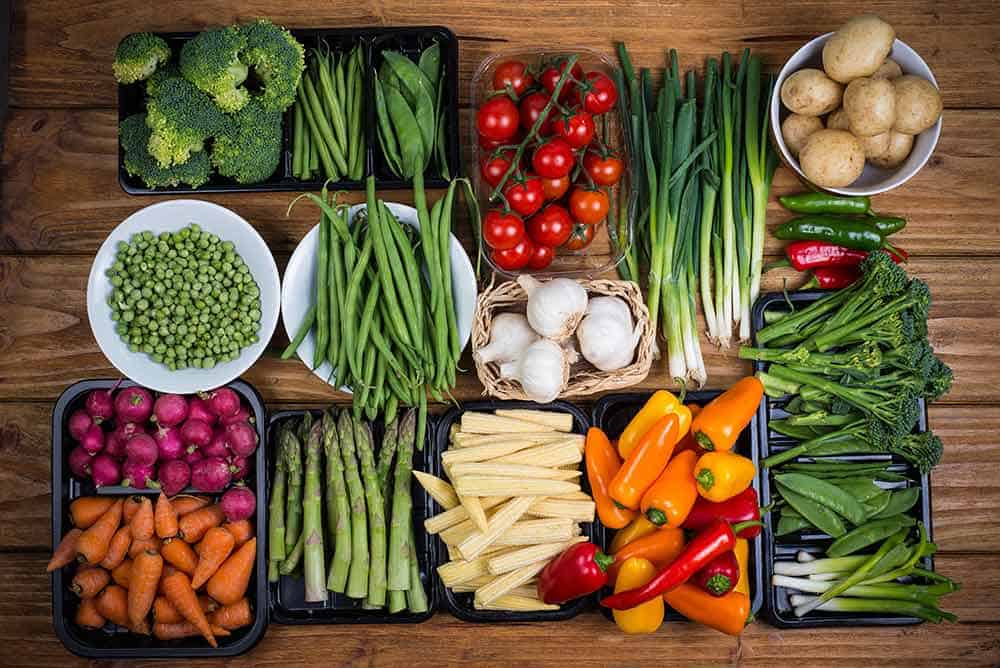
Vegetables contain living enzymes that help kids digest their food. They also fight depression and anxiety and help to protect the heart and other organs.
#8: Heart Healthy
We don’t usually associate children and heart disease. However, getting kids in the habit of eating a diet high in vegetables will help to keep the heart in tip-top shape throughout their lives.
#9: Keeps Your Organs Healthy
I wrote a blog on an interesting way different foods “talk” to us. It’s called The Doctrine of Signatures. It basically tells us what foods build and strengthen what organs in our bodies. For instance, carrots resemble the eye—they are loaded with Vitamin A and protect our eyes. Onions have layers like our skin and can improve skin issues. Refer to the blog for the full list of what organs of the body different vegetables help.
#10: Lowers Blood Pressure
Most kids do not have high blood pressure, but research is finding that kids who eat a steady diet of fast foods are experiencing periods of high blood pressure. Again—start eating those veggies! Celery can actually reduce blood pressure by 10%.
#11: Fights Anxiety and Depression
Veggies can help fight depression because they are loaded with important vitamins and minerals such as magnesium, potassium, selenium, and Vitamin A and C. The fat in avocadoes has been found to help both our mental and brain health. There is an increase in mood disorders with children and better diets can and do help.
#12: Perfect for Healthy Skin
A diet high in veggies is associated with healthy clear skin. Loaded with vitamins A and C and a high-water content make vegetables perfect for producing glowing skin. Your teens will be interested in anything that improves their skin!
13 Amazing Vegetables for Kids & Grandkids
Getting kids to eat their veggies can be challenging. Especially if your kids eat a lot of fast food which is loaded with salt and sugar. Vegetables are bland in comparison but are amazing for brain function.
Here are some important veggies to add to your kids’ diets
#1 Avocadoes
Avocadoes are a fruit. However, nutritionally, they are considered a vegetable and are listed as such on the USDA sites. They are high in protein; have more potassium than a banana and are filled with antioxidants, amino acids, and essential oils (omega-9s) that are associated with higher brain function.
#2 Bell Peppers
Bell peppers are loaded with Vitamin A, B, and C, folic acid, potassium, and bioflavonoids. Vitamin C strengthens and supports collagen in your kids’ skin.
#3 Broccoli
Broccoli is actually a flower. We eat the baby part of the flower. It’s high in fiber; folic acid, potassium, and vitamins A and C. Broccoli filters out heavy metals out of the body that can damage a child’s brain. When cooking, don’t boil it to death—leave some tasty crunch or better yet—eat raw!
#4 Carrots
High in vitamin A. This vitamin is associated with healthy vision and contains a pigment that helps night vision.
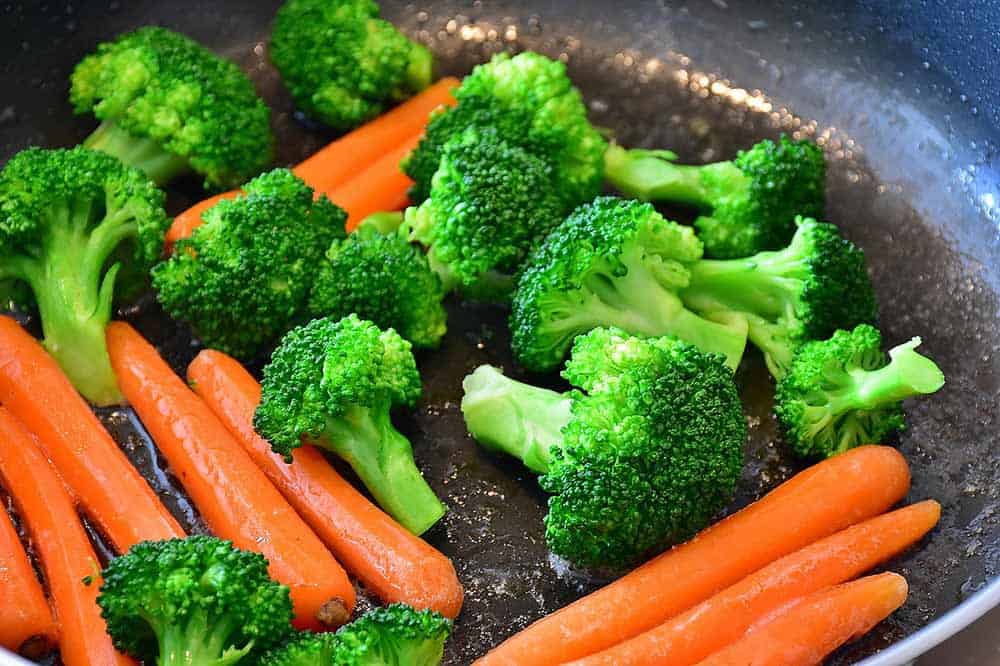
Broccoli, carrots, cauliflower, bell peppers are all amazing veggies that can be eaten raw, marinated, stir-fried, baked, or boiled.
#5 Cauliflower
Cauliflower is also a flower. It’s amazing for kids’ bones; helping muscles and digestive system. Cauliflower contains nearly every vitamin and mineral that you need and can be eaten cooked or raw. It’s a great crunchy veggie for kids to dip into sauces and eat.
#6 Celery
Celery is good for healthy bones and great for hydration. Kids who are tired and lack energy are oftentimes borderline dehydrated. Along with more water—feed them celery! This green veggie contains sodium, silica, and silicon—all important minerals for bone health. Great for appetite control.
#7 Sweet Corn
Although difficult for some kids to digest, sweet corn is high in lutein, an antioxidant that helps with eyesight and night blindness. Corn is also high in iron, magnesium, potassium, and folic acid
#8 Cucumbers
They are some of the oldest known vegetables in the world (along with cabbage). Cucumbers hydrate the cells; are great for your kids’ skin; help with eczema, psoriasis, and splitting nails. They are also a great pick-me-upper for kids needing a boost of energy.
#9 Green Beans & Pea Pods
Beans and peas help the brain grow new brain cells; they can improve memory and keep your kids happy! They can be eaten raw and are the perfect snack for kids.
#10 Potatoes
Encourage your kids to eat the whole potato—skin and all. Eaten whole, potatoes are a complex carbohydrate containing glucose which helps to feed the brain and keep it healthy. Most kids love potatoes (especially when paired with broccoli) and are filled with protein, iron, vitamin C, and potassium. Potatoes also help kids to sleep. Check out the details on my blog on sleep disorders in children.
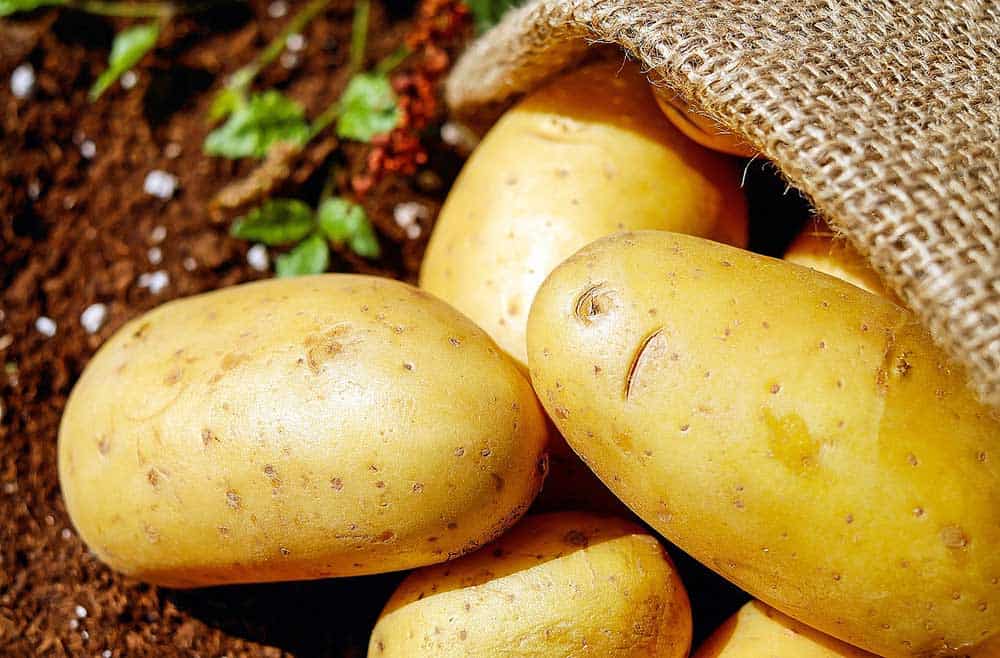
When the entire potato is eaten, it becomes a complex carbohydrate containing glucose which feeds a child’s brain.
#11 Spinach
Spinach is great for helping kids improve their memories and gives them energy (think Popeye). It also slows down the effects of aging on the brain. Eat spinach raw and in salads.
#12 Sweet Potatoes
Sweet potatoes are high in fiber, antioxidants, loaded with Vitamin A; low in calories, and help fight cancer. Sweet potatoes are sweet and kids like them with butter—a good brain-building fat. If you want to create a sweet potato bar for your kids, check out my blog on combining books and food with kids for all the details.
#13 Tomatoes
Tomatoes contain disease-fighting antioxidants such as lycopene which protects a child’s skin against sun exposure.
7 Tips for Getting Kids & Grandkids to Eat Their Veggies
Here are some ways to motivate kids to eat their vegetables:
#1: Healthy Smart Kids in the Kitchen Preparing Veggies
Kids are more likely to eat what they help to fix. Get your kids helping out in the kitchen. It means more than just getting them to eat their veggies: they learn the A-B-Cs of kitchen science, math, and more. Here’s a link to our original Habermeyer Veggie Salad

One of the best ways to get your kids to eat their veggies is to have them help you in the kitchen fixing and preparing the meals. It builds their confidence and they want to share in eating what they’ve helped to prepare!
#2: Plant a Vegetable Garden
With our kids, we planted a vegetable garden each spring. Between having them help in the kitchen and this garden—it was the perfect solution to getting them to eat their veggies. Plant a garden with your kids; teach them the laws of cause/effect and reap what you sow and more. They will love eating their fresh veggies right out of the garden!
#3: Grill & Marinate Veggies
Grilled veggies are delicious! There are loads of recipes online about the particulars of grilling vegetables. Marinating and grilling veggies bring out their best flavors.
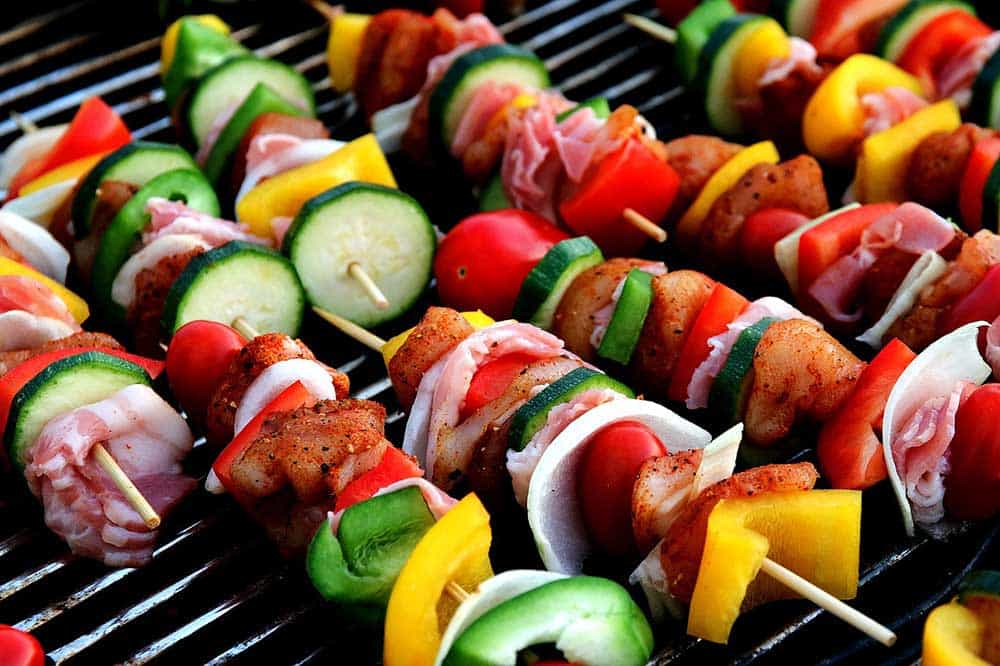
There are many ways to encourage your kids to eat their vegetables: marinate and grill them, provide fat-friendly dips, and even juice your veggies.
#4: Veggie Dips
There are a lot of easy delicious veggie dips that are filled with important brain-building fats such as mayo, olive oil, and buttermilk. Have your kids help chop some veggies for dipping such as carrots, celery, cauliflower, broccoli, pea pods, cherry tomatoes, beans, etc. The combination of good fats and veggies equals the perfect brain-builders!
#5: Juice Your Veggies
Teens are always on the go. A quick way to get them to eat their veggies is to juice them. Tell them they will keep their waistline in check and build their brains at the same time. Check out this book: Power Juices Super Drinks by Steve Meyerowitz. It’s loaded with great vegetable and fruit juices you can make at home.
#6: Smelly Veggies are the Best!
Most veggies do not have a strong odor. When they do (like onions, garlic, radishes, and cabbage) it usually means they are extremely nutritious containing high amounts of important vitamins, minerals, and antioxidants! It might be that motivating factor to get your kids to eat them!
#7: Lead by Example
Kids are great at mimicking. If they see you exercise and eat your veggies—they will want to do the same. Parenting is not about, “do as I say, not as I do.” Lead by example. Have everyone in the family support one another health-wise by joining forces and adding healthy veggies to your daily diet!
Fun Books on Veggies to Read to Your Children & Grandchildren
Last, here are some books for kids about veggies. I’ve also included these books on my blog about Spinach Dip to make with Healthy Smart Kids in the Kitchen
As a parent, do you have any great ideas for getting your kids and teens to eat their veggies? Please share your comments in the section below.
Want to remember this post? Post, “Here Are the Most Amazing Veggies that Make Kids Smarter” to your favorite Pinterest Board!
FAQ’s
What vegetables are best for kids?
Here are some of the best veggies that children of all ages should include in their diets- Avocadoes: actually, a fruit but nutritionally considered a veggie. High in protein; has more potassium than a banana; are filled with essential fatty acids that increase brain function. Spinach: improves children’s memories and increases energy. Broccoli: high in fiber and vitamin A and C. Filters out heavy metals from the body that can damage a child’s brain. Carrots: high in vitamin A; associated with healthy vision. Celery: contains sodium, silica, and silicon–great for kids’ bone health. Cucumbers: hydrate the cells and give kids a boost of energy. Green beans & pea pods: improve memory. Tomatoes: lycopene protects a child’s skin against sun exposure.
How do you make vegetables fun for kids?
Here are 6 ways to make vegetables fun for kids: Let your kids help in the kitchen preparing veggies for meals. Have your kids help to make a veggie dip to go along with the fresh veggies. Have your kids grow a vegetable garden (more likely to eat what they grow). Tell your kids all the ways veggies help them to grow and stay healthy. Kids love art! As a family, draw pictures of healthy veggies and eat veggies while you are drawing them. Find fun veggie recipes to make with your kids in the kitchen.
How do I get my child to eat vegetables?
Kids are more likely to eat what they help fix. Include your kids cooking and baking, etc., in the kitchen. Plant a vegetable garden with your kids. They will be more likely to eat what they plant. Grill and marinate veggies and get your kids helping. Make veggie dips with your kids. Juice your veggies–this is especially a good way to get teens to eat their veggies. Lead by example–parents need to eat their veggies alongside their kids.
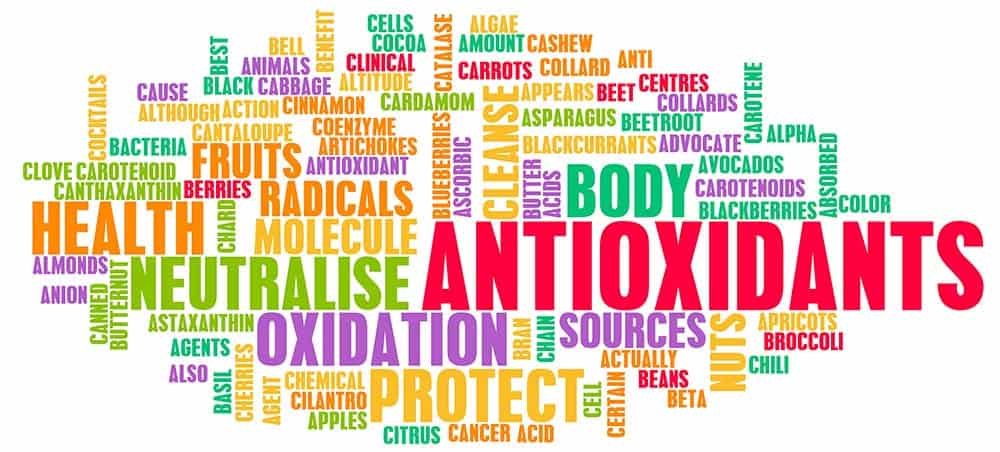
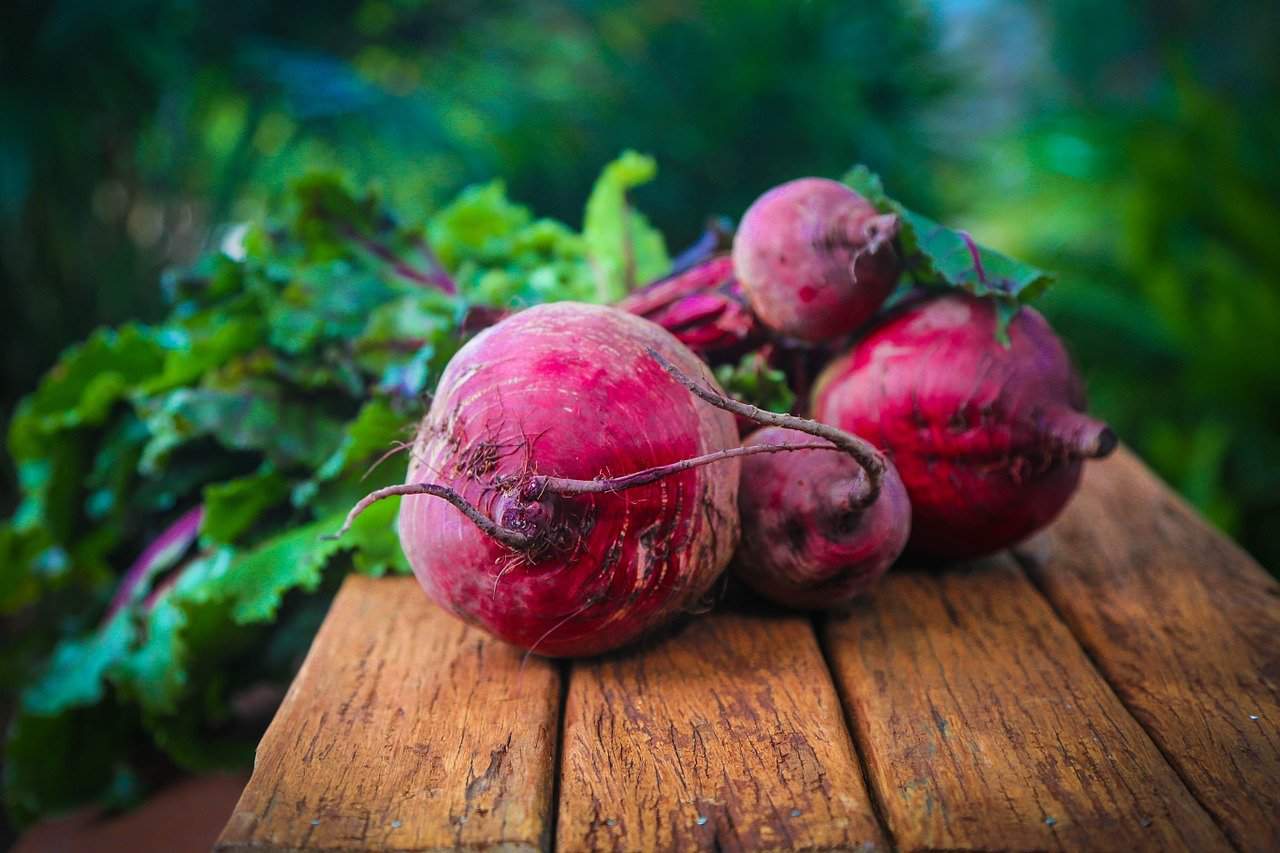
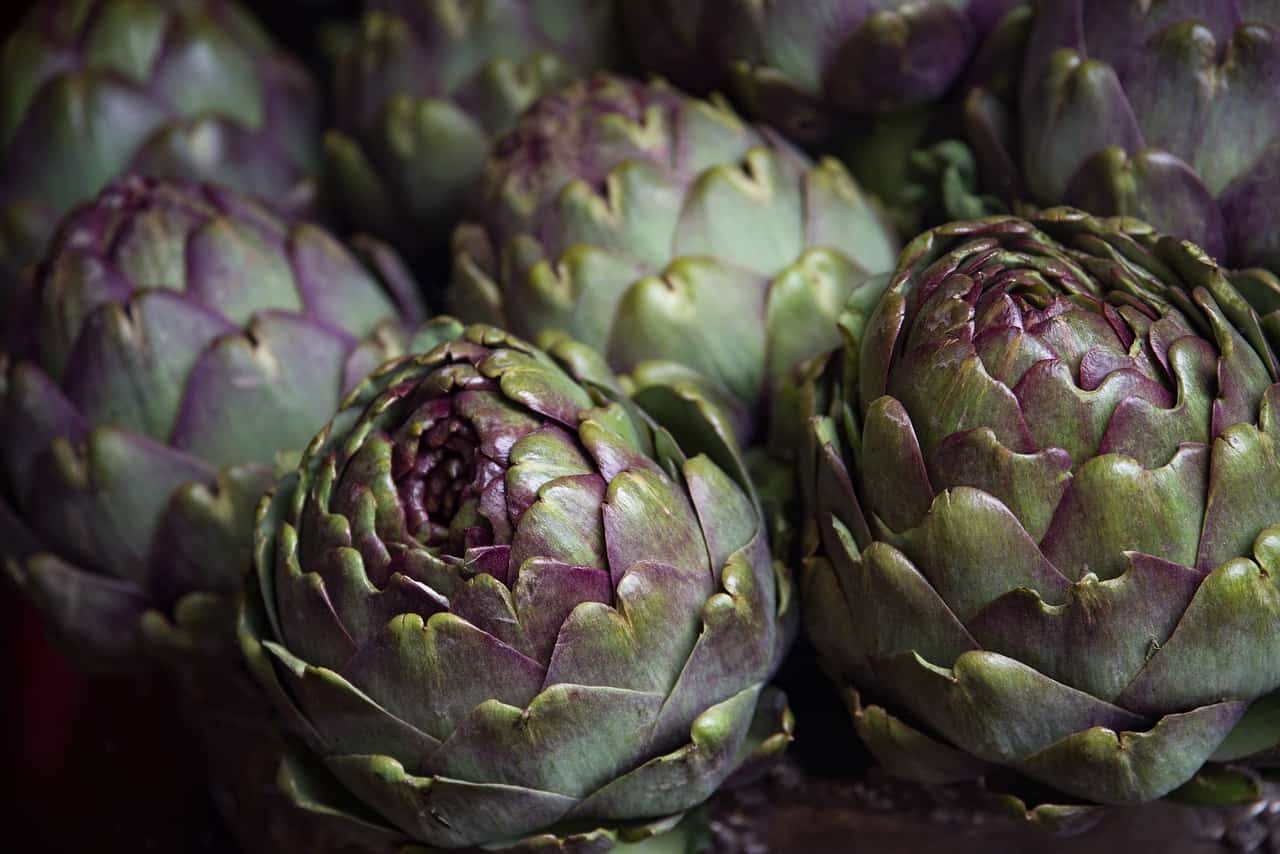


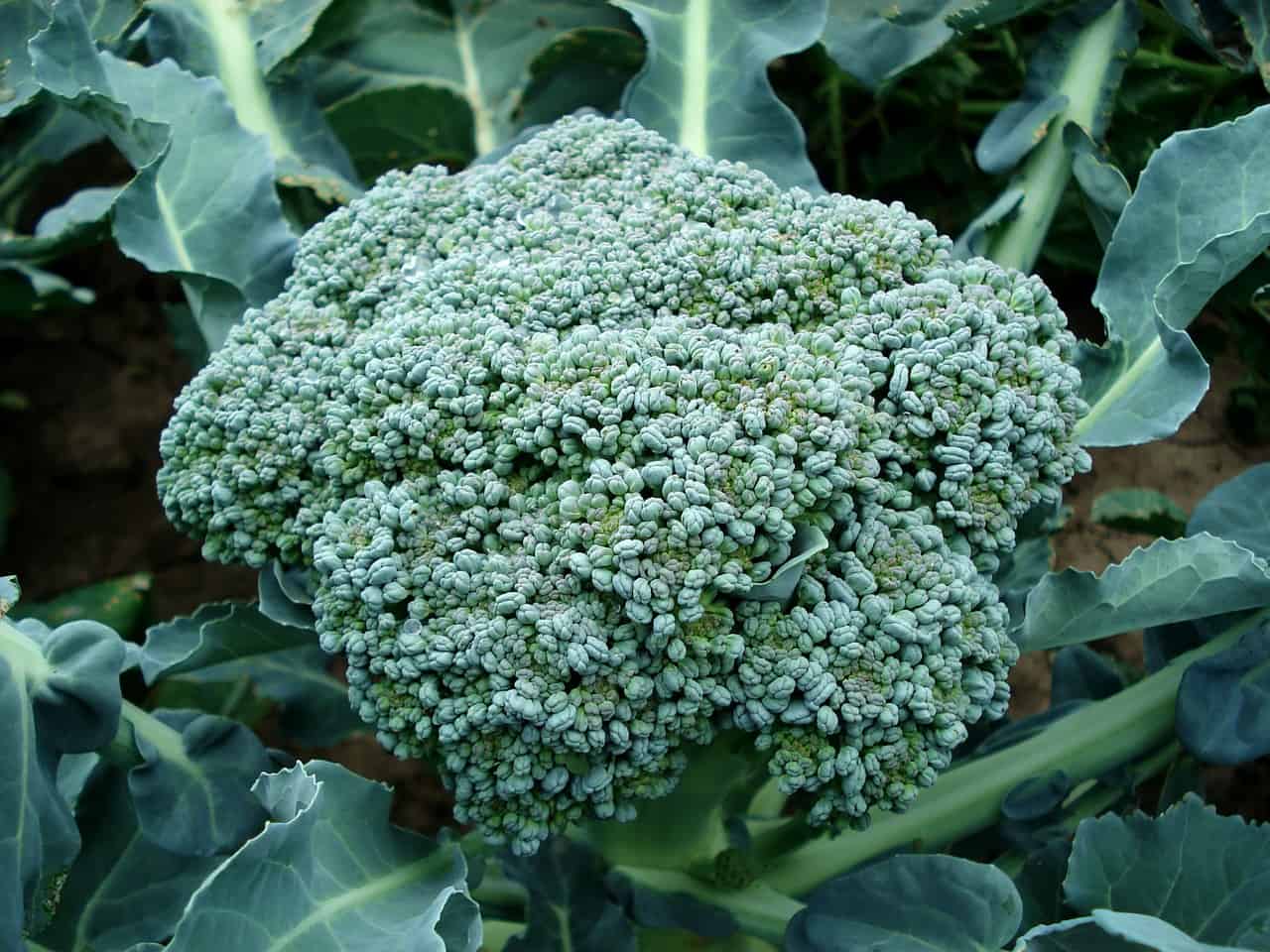
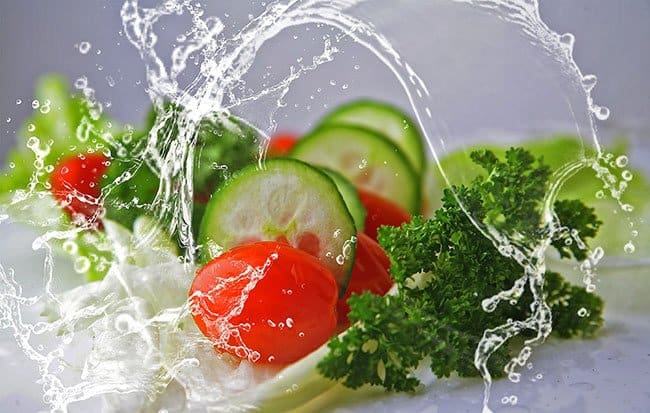

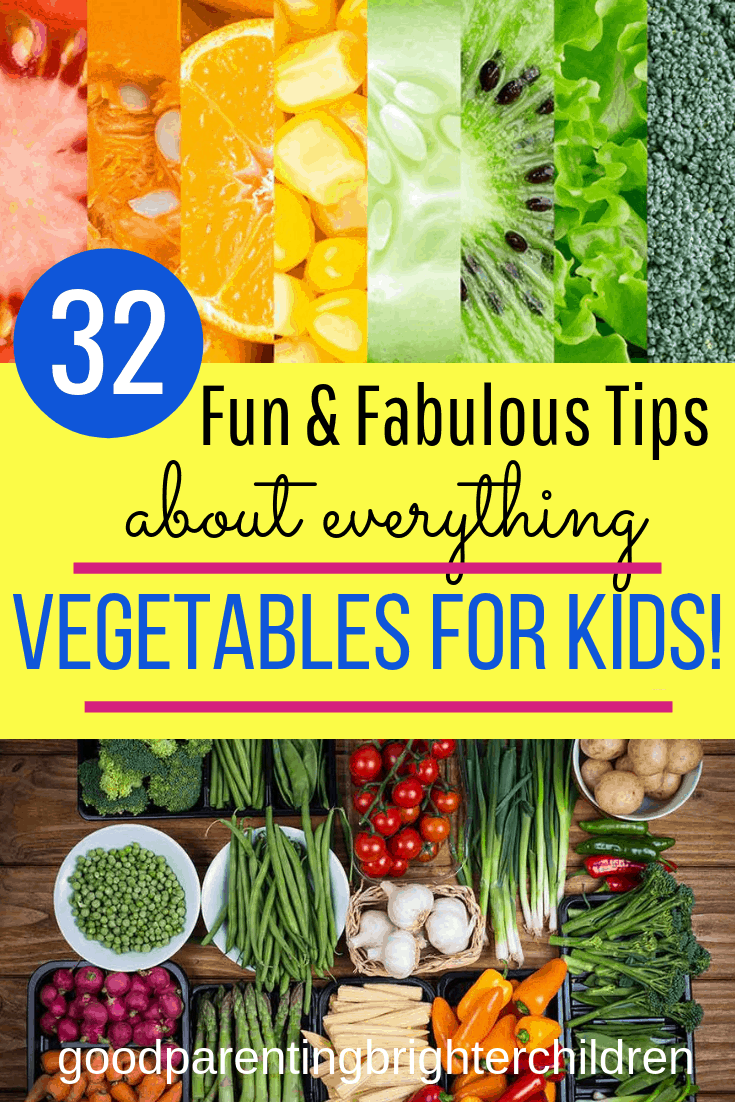


I love how you say, “Lead by example!” Even as an adult I find it easier to eat healthier when my husband and son are all on board. Sometimes I wish my mom gave me more carrots as a child and less cookies so I wouldn’t know what I was missing. Great post!
Ha-ha–I wish I had less cookies as a child, too! Then, it would probably be a no-brainer to reach for that carrot instead of the cookie now! Your family DOES eat amazingly healthy! And that’s thanks to your influence! Thanks for sharing!